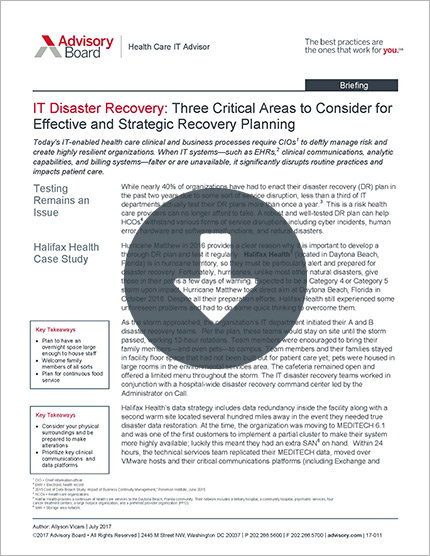Auto logout in seconds.
Continue LogoutThe number of gun-related deaths in the United States reached a record high of nearly 40,000 in 2017, according to analyses of data from CDC's WONDER database.
Members ask: How can our hospital prepare for disasters?
Database details
The WONDER database includes data on gun-related:
- Suicides;
- Homicides;
- Unintentional deaths;
- Undetermined deaths; and
- Legal intervention and operations of war deaths.
Findings
Two separate analyses of the data—one conducted by the Educational Fund to Stop Gun Violence, and another conducted by CNN—found that nearly 40,000 people died from gun-related injuries in the United States last year.
Specifically, CNN found that gun-related deaths in the United States increased from 28,874 in 1999 to 39,773 in 2017. When adjusted for age, CNN found that the number of gun-related deaths increased from 10.3 deaths per 100,000 U.S. residents in 1999 to 12 deaths per 100,000 U.S. residents in 2017.
CDC statisticians told CNN that gun-related deaths in 2017 reached the highest level since CDC first began tracking such deaths in 1979. According to HuffPost, gun-related deaths in 2017 outpaced traffic-related deaths for the third year in a row.
The increase in gun-related deaths primarily was fueled by a rise in gun-related suicides, according to HuffPost. The data showed the number of gun-related suicides increased from 16,599 in 1999 to 17,352 in 2007 to 23,854 in 2017, HuffPost reports. When adjusted for age, the data showed gun-related suicides increased from six per 100,000 U.S. residents to 6.9 per 100,000 U.S. residents. According to the data, white men were the most likely to die from gun-related suicides in 2017.
In addition, The Hill reports that the data showed there were 14,542 gun-related homicides in 2017. According to the data, black men were the most likely to die from gun-related homicides. According to The Hill, the data also showed that there were 553 gun-related deaths attributed to legal intervention and operations of war in 2017.
The CDC data also showed there were 486 unintentional gun-related deaths and 338 undetermined gun-related deaths in 2017.
Comments
Former Rep. Gabrielle Giffords (D-Ariz.), who nearly died when she was shot in 2011, in a statement said, "This data from the CDC reminds us how many lives our gun violence crisis alters every year—and why so many Americans are rising up to demand action."
Adelyn Allchin, director of public health research at the Educational Fund to Stop Gun Violence, said, "In 2017, nearly 109 people died every single day from gun violence. Gun violence is a public health epidemic that requires a public health solution, which is why we must immediately enact and implement evidence-based interventions—like permit-to-purchase policies and extreme risk laws" (Howard, CNN, 12/13; Gstalter, The Hill, 12/13; Wing, HuffPost, 12/11).
From shootings to hurricanes: How can your hospital prepare for disasters?
Hospitals must be prepared for myriad disasters that can stress health care systems to the breaking point and disrupt delivery of vital health care services.
Advisory Board has compiled step-by-step procedures for various threats your facility may encounter—though we hope you'll never need to use them.
Don't miss out on the latest Advisory Board insights
Create your free account to access 1 resource, including the latest research and webinars.
Want access without creating an account?
You have 1 free members-only resource remaining this month.
1 free members-only resources remaining
1 free members-only resources remaining
You've reached your limit of free insights
Become a member to access all of Advisory Board's resources, events, and experts
Never miss out on the latest innovative health care content tailored to you.
Benefits include:
You've reached your limit of free insights
Become a member to access all of Advisory Board's resources, events, and experts
Never miss out on the latest innovative health care content tailored to you.
Benefits include:
This content is available through your Curated Research partnership with Advisory Board. Click on ‘view this resource’ to read the full piece
Email ask@advisory.com to learn more
Click on ‘Become a Member’ to learn about the benefits of a Full-Access partnership with Advisory Board
Never miss out on the latest innovative health care content tailored to you.
Benefits Include:
This is for members only. Learn more.
Click on ‘Become a Member’ to learn about the benefits of a Full-Access partnership with Advisory Board
Never miss out on the latest innovative health care content tailored to you.

